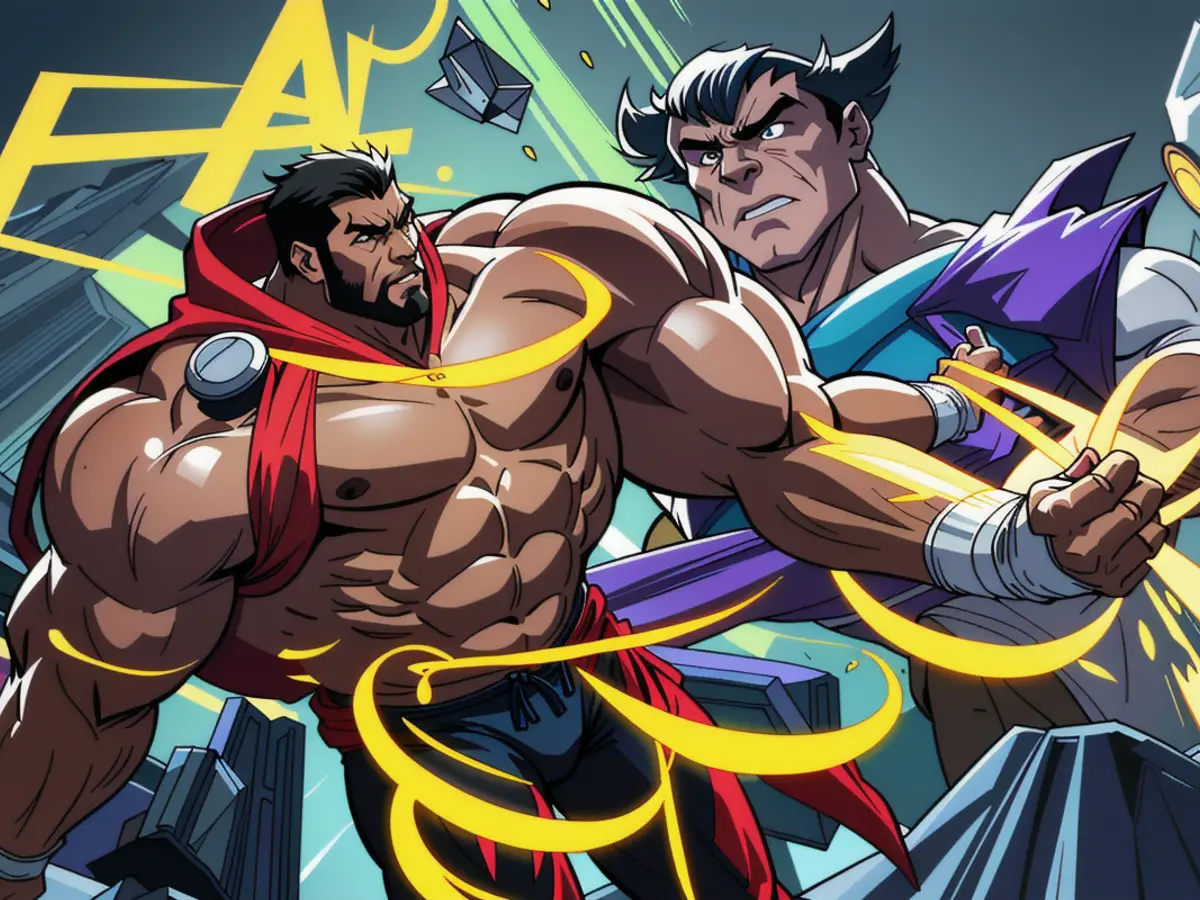McDonald's Jumps on Board the Corporate Exodus from DEI
McDonald's has recently announced a revamp of its diversity, equity, and inclusion (DEI) program, claiming that its previous policies have achieved their goals. In a letter to franchise owners, employees, and suppliers worldwide, CEO Chris Kempczinski expressed pride in the company's achievements, but also emphasized the need for ongoing focus on inclusion.
The keyword now is 'inclusion,' marking a shift beyond 'diversity and equity.' In the letter, Kempczinski explained that the new focus on inclusion is embodied by the company's 'Golden Rule,' which entails treating everyone with dignity, fairness, and respect.
This shift towards inclusion is not an isolated incident. The Society for Human Resource Management (SHRM) has also dropped the 'E' from its acronym, in favor of 'I&D' - meaning inclusion and diversity.
McDonald's achievements in diversifying employee representation, supplier diversity, and drawing applicants from underrepresented groups have been highlighted in Kempczinski's letter. He then went on to detail the changes that McDonald's is implementing, such as:
- Retiring 'aspirational representation goals.'
- Pausing survey submissions to third-party groups like the Human Rights Campaign's Corporate Equality Index.
- Ending its required DEI pledge for suppliers.
- Changing the name of its Global DEI Center of Excellence to the Global Inclusion Team.
McDonald's is following a trend among companies to reassess their DEI policies lurking in the shadows of the Supreme Court ruling against Harvard's admissions policy. Major corporations such as Walmart, Tractor Supply, Home Depot, Lowe's, Brown Forman, Molson Coors, Boeing, and Ford have all revised their DEI policies in response.
However, challenges to corporate DEI policies remain. Attorneys general from 13 states warned Fortune 100 CEOs, stating that treating people differently based on skin color is unlawful and wrong. Retailers operating in these states could face legal jeopardy if they don't heed the warning.
Furthermore, research has emerged challenging rather than supporting the business case for DEI. One example is a study that attempted to replicate numerous McKinsey studies and concluded that they did not support the argument that large U.S. public firms would perform better with more racially diverse executives.
Public opinion is also turning against DEI, with a majority of American workers still believing that it is mainly a good thing, but their share is down. Meanwhile, the number of people who say it's a bad thing has increased.
Corporate board diversity does not necessarily improve results, either. In fact, a Harvard Law Professor argued that there is a sizeable body of academic work reporting the opposite results: diversifying boards can harm financial performance.
McDonald's, in light of these developments, commissioned a Civil Rights Audit to ensure its policies would not put it at legal risk or conflict with its goals and mission. This audit led to several improvements in the company's approach to inclusion.
Anti-DEI activist Robby Starbuck tried to take credit for McDonald's DEI reversal, but the company had already been preparing for these changes well before Starbuck came calling. The audit results and the company's observations of the shifting legal and regulatory landscape played a significant role in McDonald's decision.
Fortunately, McDonald's leadership was ahead of the curve. The Civil Rights Audit took more than 18 months to complete and was completed before Starbuck made his public call. McDonald's leaders were attuned to the changing legal, regulatory, and public opinion landscape surrounding DEI policies long before Starbuck entered the scene.
In conclusion, McDonald's has adapted its DEI policies, focusing on inclusion as the central theme. The choice to prioritize the 'Golden Rule' of treating everyone with dignity, fairness, and respect should help bolster public trust in the company.
In response to the legal challenges from 13 states' attorney generals, McDonald's inclusion team has been vigilant to ensure their policies align with the law. The shift towards inclusion in McDonald's DEI program is reflective of the Society for Human Resource Management's transition to focusing on inclusion and diversity (I&D).








